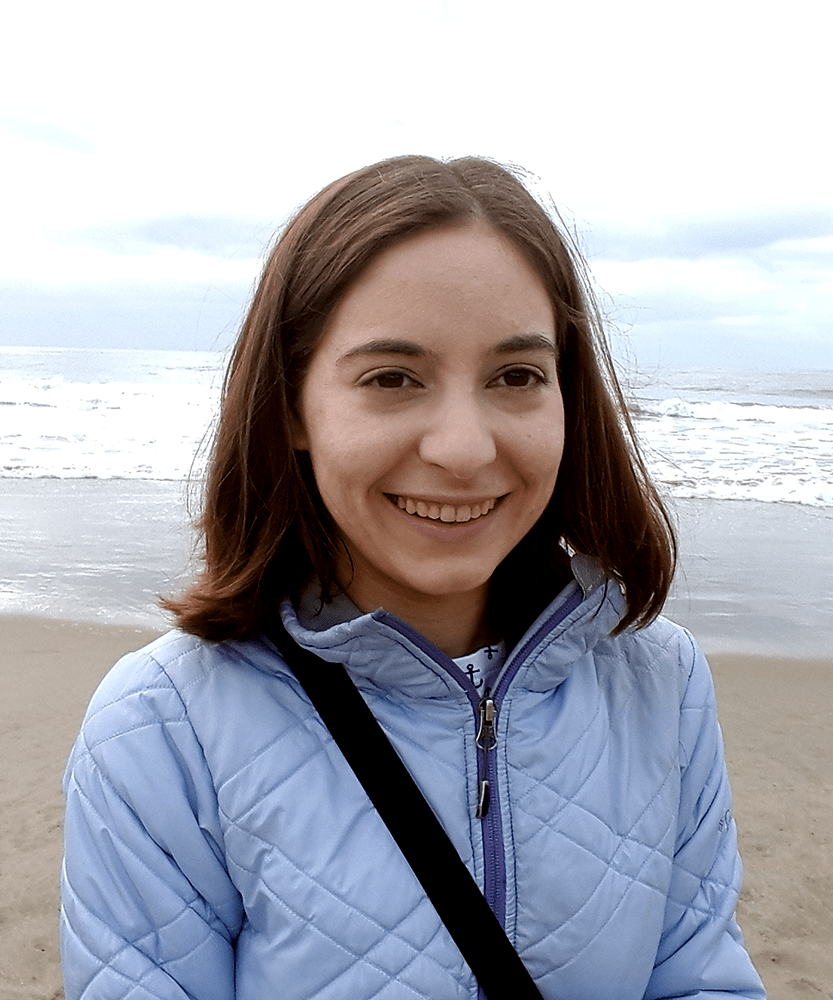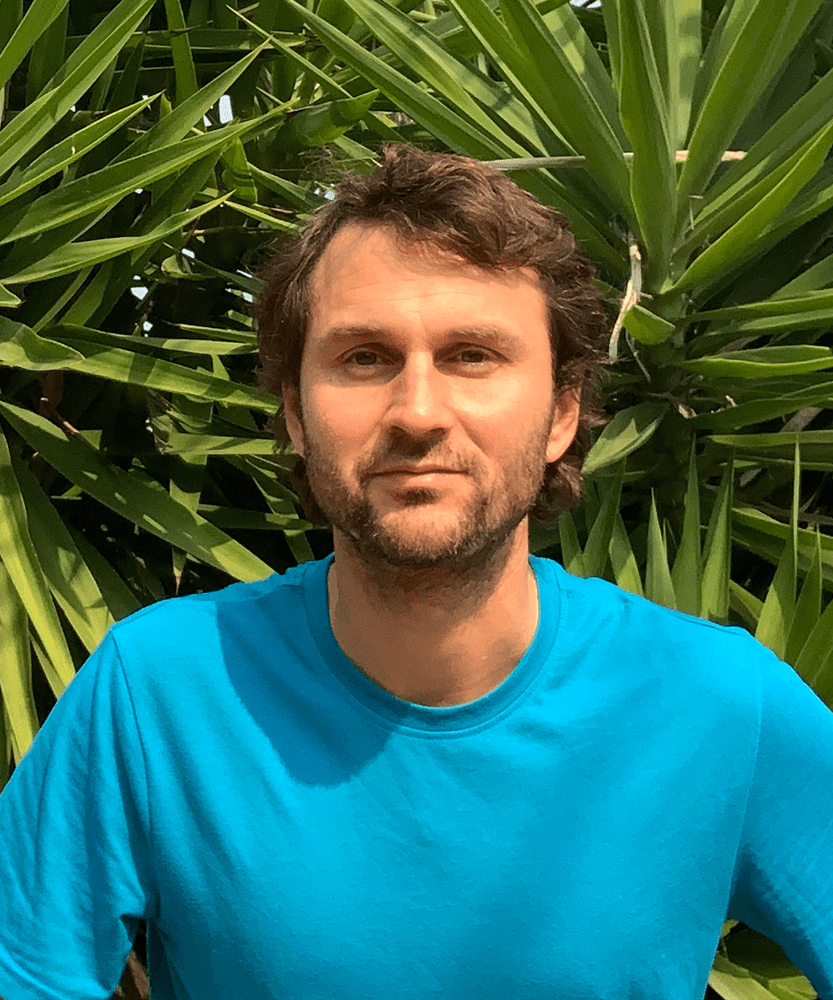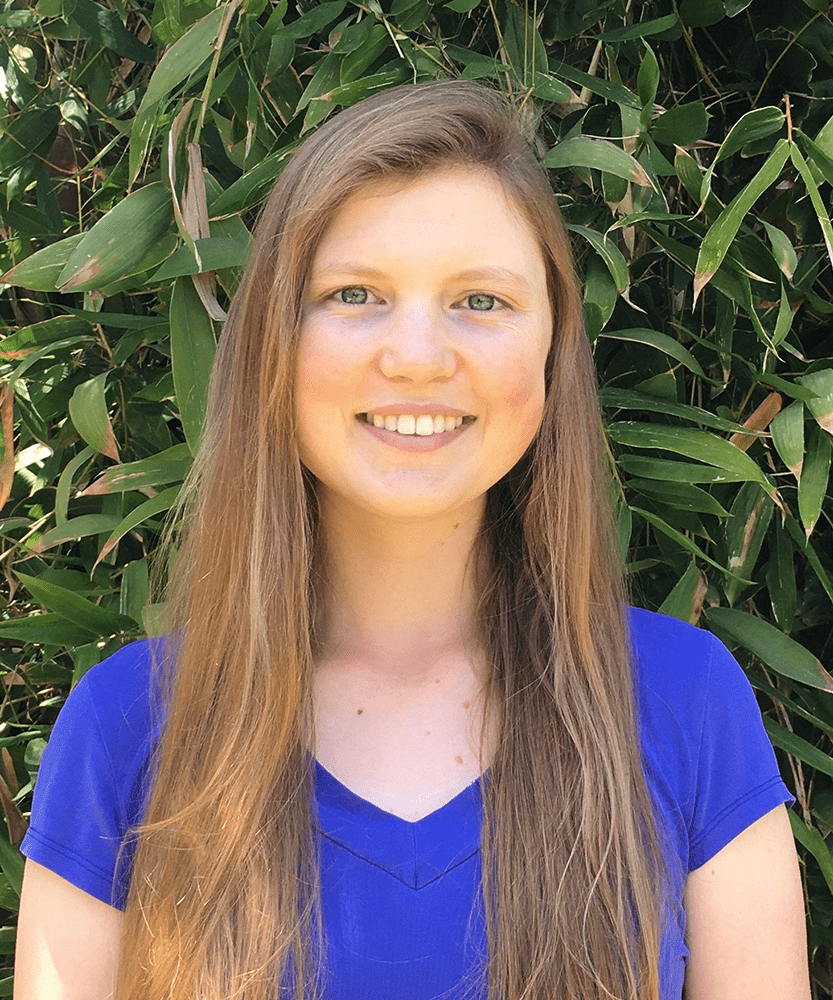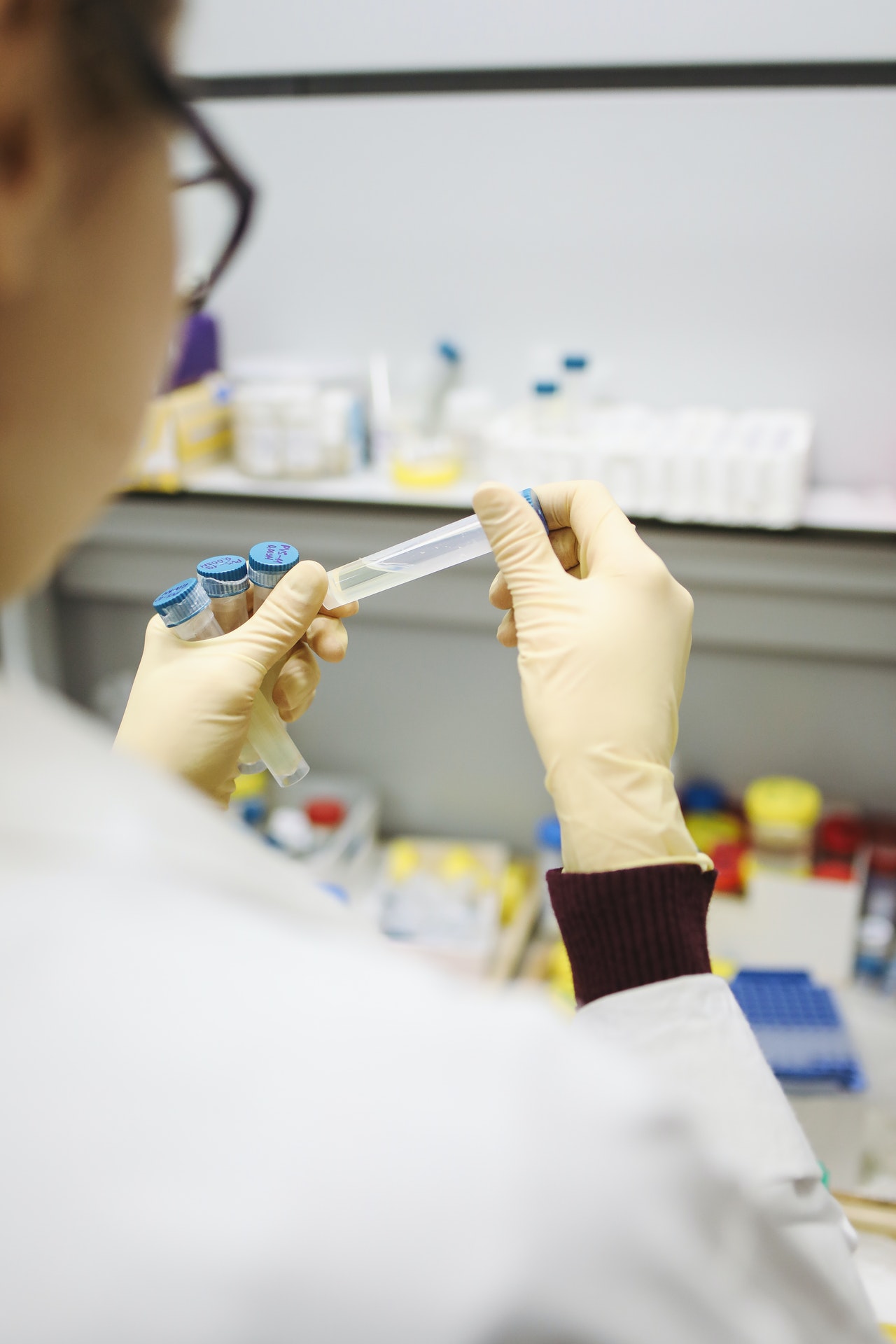E5 CORAL
Dr. Nisbet's research both develops new fundamental theory and applies it to modeling responses to environmental stress.
After Ph.D. research in statistical physics, Dr. Nisbet’s research focus has been ecological theory and modeling. A long-running emphasis is the use of “individual-based” or “structured” population models to relate population dynamics to the physiology and behavior of individual members of a population.
Much current work uses Dynamic Energy Budget (DEB) theory to describe the rates at which individual organisms assimilate and utilize energy and elemental matter – including recent work on mutualisms.
Dr. Nisbet is not taking new graduate students.
Dr. Moeller combines mathematical and experimental approaches to understand acquired metabolism.
Dr. Moeller is a community ecologist who combines mathematical and experimental approaches to understand acquired metabolism — metabolic capabilities that organisms gain access to through interactions with other species.
She has worked on the effects of acquired metabolism — including the metabolic mutualism between corals and their symbionts throughout her academic training at Rutgers University, MIT, the Woods Hole Oceanographic Institution, and the University of British Columbia. She joined the faculty at UCSB in 2017, where her group works across marine and terrestrial systems.
UC Santa Barbara Coral Epigenetics at E5

Dr. Alexandra Brown
Context-dependent symbiosis, mathematical modeling, evolutionary biology.

Dr. Ferdinand Pfab
Symbiont-host interactions, bioenergetics, population dynamics, mathematical modeling of biological systems.

A. Raine Detmer
Species interactions, community dynamics, mathematical modeling, coral-associated animals.
The UC Santa Barbara Coral Epigenetics team crafts mathematical models that describe epigenetic change.
The UC Santa Barbara Coral Epigenetics team crafts mathematical models that describe how epigenetic changes scale from impacting organism physiology, to affecting the survival of threatened coral populations, to shaping the evolution of corals and all forms of symbiotic life. Our mathematical tools range from fine-scale Dynamic Energy Budget (DEB) models that account for the exchanges of energy and nutrition between corals and their symbionts, to ecological simulations that we use to generate predictions for reefs of the future. We also use techniques from Adaptive Dynamics and Game Theory to simulate the co-evolution of coral hosts and their algal partners.
The team is led by Dr. Roger Nisbet and Dr. Holly Moeller, professors of Ecology, Evolution, and Marine Biology.



